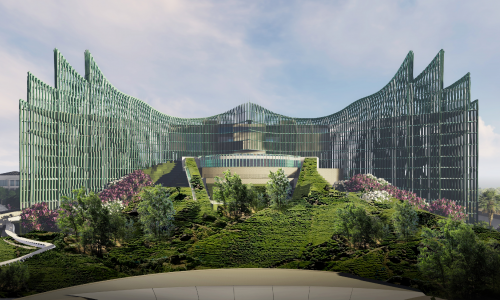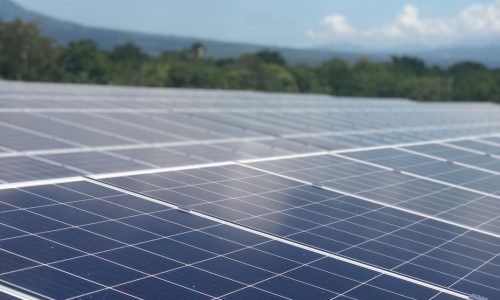Cement and building material company Siam Cement Group (SCG) says it is not interested in producing ammonia and green hydrogen in the near future upon learning form results of the company’s own study that the production cost of the two gases is still too costly.
“Actually, hydrogen is still very expensive. To do it (production), no one will pay,” Thammasak Sethaudom, President & CEO of SCG, said on Tuesday, November 19, 2024.
The company has implemented several initiatives in achieving growth accompanied by environmental concerns, such as the construction of a refused derived fuel (RDF) factory or fuel from waste at the Final Disposal Site (TPA) in Cimenteng, Sukabumi, West Java.
“If we use the idea from Cimenteng, it is also green. It is green and will eliminate very smelly and dirty waste. This is green growth because it helps reduce costs,” he said.
Warit Jintanawan, Country Director of SCG in Indonesia, said that the energy transition from fossil fuels to renewable energy is also a strategy for implementing Environmental, Social and Governance (ESG) principle with a significant portion in SCG’s business in Indonesia.
“By reducing dependence on fossil fuels, we help reduce the risk of climate change and improve people’s quality of life,” Jintanawan said.
“These benefits will be felt in the long term when the availability of natural resources is sufficient for the next generation,” he added.
He concluded that the energy transition can also maintain environmental conduciveness so that it can create economic opportunities, such as attracting foreign investment and creating new jobs.









